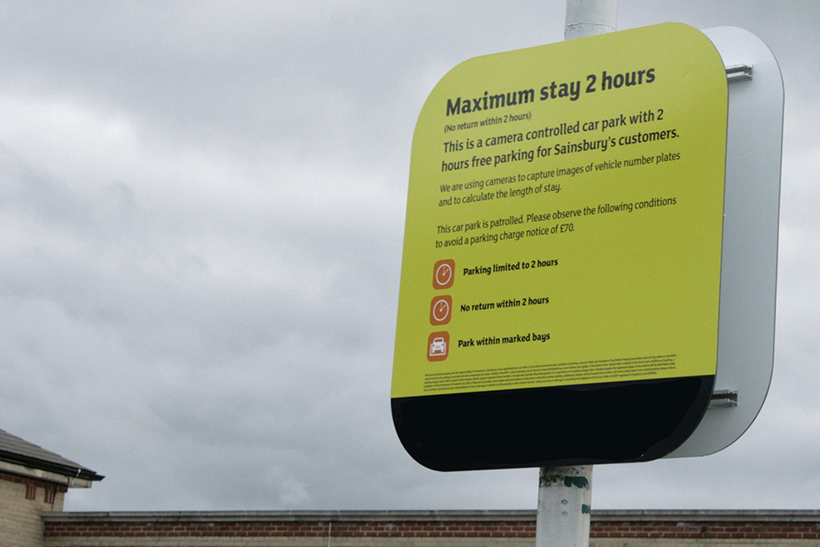The British Parking Association has announced an update to the code of practice which member private parking companies should comply with. The BPA is one of two authorised trade bodies which private parking ‘management’ companies must be members of in order to obtain registered keeper data from DVLA, the other being the IPC or International Parking Community.
Changes include a requirement, where no response has been received to previous communications, to “take reasonable endevours to ensure that the person being written to is the correct party” prior to issue of court papers or a letter before claim.
Other changes include an outright ban on companies giving financial incentives to any staff relating to the quantity of charge notices issued, a compulsory 10 minute ‘grace’ period at the start of parking in areas where parking is allowed subject to conditions (and some grace period where it is prohibited), a minimum discount of 40% for payment within 14 days and a number of new conditions regarding notice periods and ‘debt collection’ practice.
Industry insiders and some parking ‘campaigners’ believe these changes have been prompted by Greg Knight’s forthcoming Private Members Bill on private parking enforcement – which is due to receive its Second Reading in February – and also by public concerns about the dubious enforcement tactics used by some companies in this industry. There have, for example, been several documented cases of people discovering a County Court Judgement they were totally unaware of until a credit application is rejected. Subsequent investigation then reveals that the CCJ relates to a parking charge which was several years old and where the court papers were sent to an old address. Some campaigners, however, question whether the “reasonable endevours” wording will counter this as it doesn’t appear to impose any obligation on as company to confirm someone is actually still at that address.
These new conditions apply only to parking ‘incidents’ taking place on or after January 2 2018; earlier incidents are covered by the code that was in force at the time. To see all the amendments in detail, go to AOS Code Changes 2018






